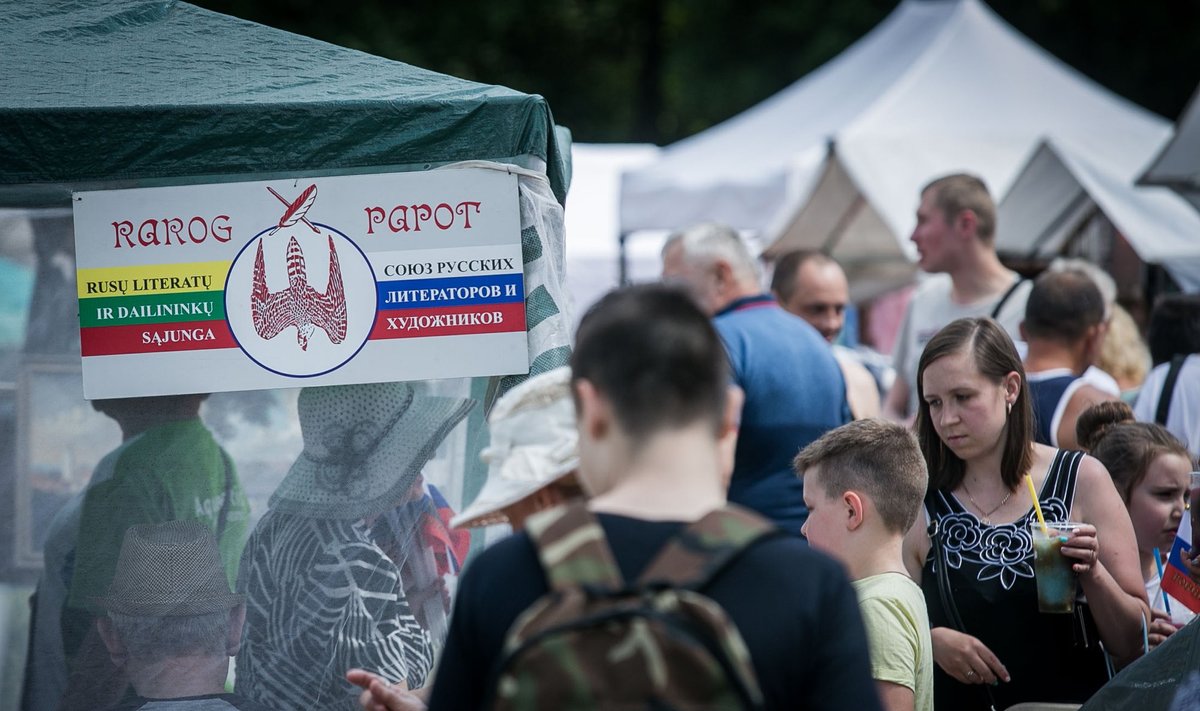“In fact, we propose to ban various events, rallies and similar gatherings directly supporting what is falsely called by the Kremlin a special operation,” Prime Minister Ingrida Simonyte said during a news conference on Wednesday.
As Russia unleashed its invasion of Ukraine, Lithuania was placed under a state of emergency from 1 p.m. on February 24 through March 10.
Deputy Interior Minister Vitalij Dmitrijev earlier told BNS that the government would on Wednesday consider a proposal to extend the state of emergency in the country by more than a month – until April 21.
According to Dmitrijev, the proposal basically called to maintain the existing state of emergency regime.
The current regime allows more flexible use of the state reserve and steps up state border protection. In addition, it provides the authorities with the right to check and inspect vehicles, persons and luggage in the border area, among other things.
The proposal also called to restrict information related to the dissemination of news by Russian news channels, Dmitrijev said.
Under the law, a nationwide or partial state of emergency can be introduced by the parliament if there is a threat to the constitutional order or to public order.
The president has the right to take the decision in between parliamentary sessions, but the presidential decree has to be endorsed by the parliament in an extraordinary sitting.
